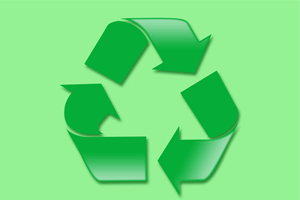Last updated April 12, 2019
 Green campaigners have been happy about moves to speed up the banning of the exportation of electronic waste to developing countries. However, is there a downside to the ban? Countries such as Egypt have a flourishing repair industry that is reliant on electronic waste and many people fear the ban will hinder the industry and lead to a rise in the price of electronics, further increasing the digital divide for those in developing nations.
Green campaigners have been happy about moves to speed up the banning of the exportation of electronic waste to developing countries. However, is there a downside to the ban? Countries such as Egypt have a flourishing repair industry that is reliant on electronic waste and many people fear the ban will hinder the industry and lead to a rise in the price of electronics, further increasing the digital divide for those in developing nations.
The toxic nature of electronic waste has been well documented, with electronic circuit boards containing the likes of arsenic, cadmium, lead and mercury, while computer plastics are coated with some of the most unpleasant chemicals around in the form of polybrominated flame-retardants.
“I’ve definitely seen children mining waste for e-materials,” says Kyle Wiens, who is currently producing a documentary entitled “Fixer” about repairers in Asia and Africa. “It’s an area of concern and stricter enforcement of environmental laws is necessary.” However, as Wiens goes on to point out, “The repair industry isn’t like that at all. Fixing things is a skill, and it takes time to get good. Conditions are quite safe because people need a predictable, safe working environment to do repairs.”
In Cairo, Wiens says he met people who were capable of fixing everything from old cell phones to cars, computers and televisions, but that these imaginative people “need raw materials to work with” and that an export ban “will harm the Egyptian economy in the long run”.